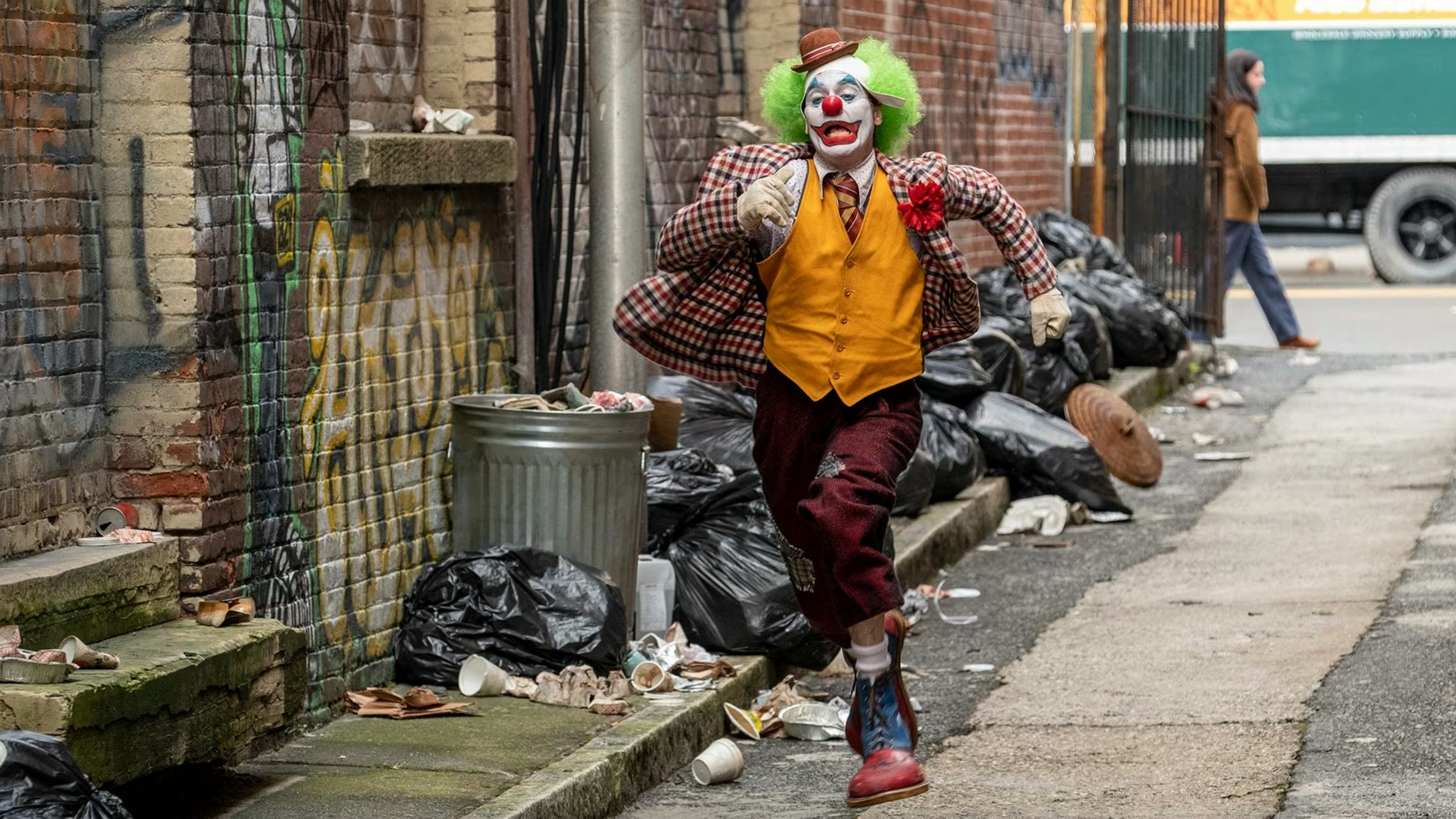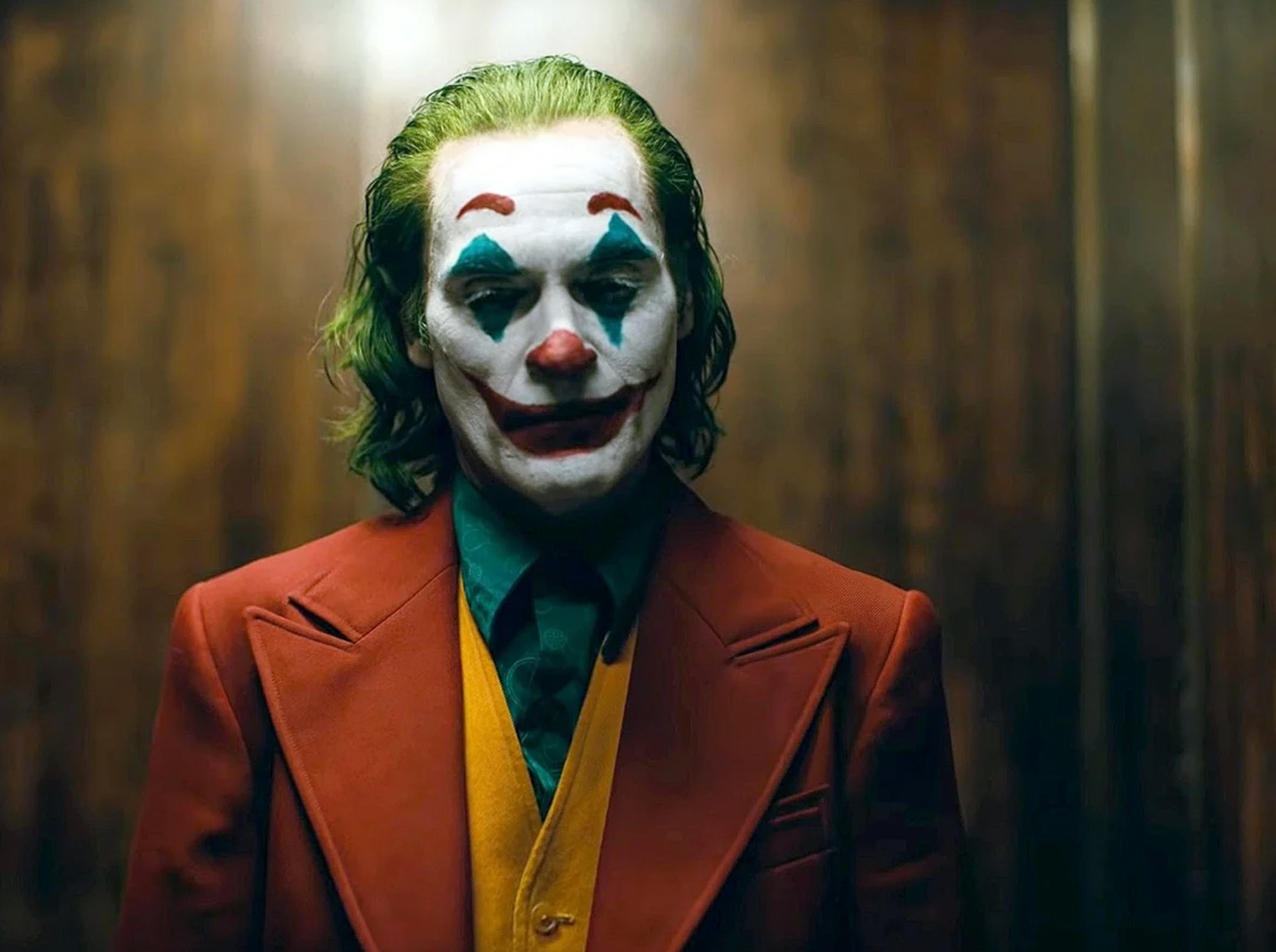
Heath Ledger’s portrayal of the Joker in 2008’s The Dark Knight will forever be the platonic ideal of the supervillain. Batman’s entire cinematic output in the 16 years since exists in the impact crater he left behind — especially when it comes to portrayals of the Joker. From Jared Leto’s controversial take in Suicide Squad to Joaquin Phoenix’s method acting-infused performance to Barry Keoghan’s creepy delivery in The Batman, they all seem to follow the same wavelength as Ledger. He not only changed the way we see the character in movies, but he raised the bar for what we expect from the people playing him.
He also solidified the idea that the Joker is best if you never quite understand why he acts that way. Ledger’s villain is a force of nature, a chaotic backlash to Batman and the police’s attempt to instill a new sense of order into Gotham City. The Joker frequently regales others with different versions of how he “got these scars,” but we’re never assured of their validity. This isn’t the first time we’ve been treated to the idea that Joker is ultimately an enigma. The most famous comic book story about Joker, Alan Moore’s The Killing Joke, features the character saying that he prefers things to be “multiple choice” when it comes to his origins (while also showing us one interpretation of that origin story).
But The Dark Knight cemented this idea into the general audience. Yes, the Joker’s traditional story of a criminal and/or sad sack getting dunked in acid and turning pasty white, green, and red is fun, but the Joker might be more akin to a slasher villain, where the less we know about him, the more effective he is. But five years ago, one movie tried to challenge this very notion.

Joker, which hit theaters on October 4, 2019, tells the story of Arthur Fleck, a wannabe stand-up comedian who mentally devolves, Taxi Driver-style, into both a serial killer and a bloody populist hero among outsiders, absconds from this entirely.
In doing so, it tests the Joker’s character. Not all adaptations are meant to be alike, but if there’s one reliable thing about the Joker, it’s that, wherever he ends up, we’re not supposed to pity him. The tragedy that created him is later usurped by his maliciousness and his madness. He is evil without an exit ramp. Joker, on the other hand, makes Arthur a product of a society that refuses to care about people like him. He is a symbol of some wider cultural disgrace rather than the poison infesting a culture that might otherwise thrive without him. We’re supposed to at least feel sort of bad about him.
Does it work? Only in a way we likely don’t expect. Despite its constant focus on the depressed clown and his pathetic goings-on, Joker shines when it leans into the character’s classic form and provides things that we could easily imagine another Joker doing. His brutal stabbing of his work colleague, Randall, in his apartment, followed by the obvious glee he takes in another colleague, Gary, cowering helplessly, isn’t too far from the prior Joker's sadism. Neither is the way he towers over a young Bruce Wayne, nor the way he acts when he finally gets to be a guest on his favorite late-night talk show. All of that comes despite a backstory that sets up Arthur as a complicated victim of circumstance. Surprise! He’s still a monster.

Instead of being a radical take on the character, giving the Joker an agonizing backstory just ended up sending him back around to the world of Ledger’s version. Any reason he could’ve given for his physical (and mental) scars is outweighed by the pain he wants to inflict. Even Ledger’s performance, as game-changing as it appeared on a broad scale, recalled the first time the Joker appeared in comics: without a backstory and without any real reason. Evil existing for the sake of itself.
Though Joker: Folie a Deux is set to poke a few holes in this Joker’s reality and perhaps even change the way we perceive the events of the first movie, it doesn’t change the fact that the Joker seems like a form of destiny. Backstory or not, he will arrive at this iconic version. When Ledger’s Joker tells Batman, “I think you and I are destined to do this forever,” he may as well have been talking about all the actors to come.






